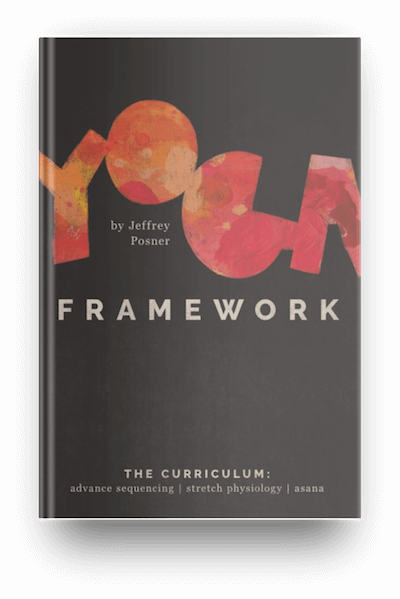Unveiling the mystery behind boosting cognitive capacity, the promise of nootropics brain power benefits has captured the attention of both the science community and the general public. Often called “smart drugs,” these substances are believed to enhance various mental functions, such as memory, attention, and mental clarity. But what exactly are nootropics, and how do they influence our brain’s performance? Let’s delve deeper into this intriguing topic, examining both the potential advantages and significant concerns surrounding their use.
Understanding Nootropics: What Are They?
Nootropics encompass a broad range of substances, including both natural supplements and prescription drugs. Their primary goal is to enhance cognitive functions without significant side effects. This appeal has made them increasingly popular, especially among students and professionals who seek heightened productivity and mental acuity. Some commonly consumed nootropics include caffeine and creatine, while more potent options like modafinil require a prescription and are usually prescribed for conditions such as ADHD and narcolepsy (source).
Scientific Backing of Nootropics Brain Power Benefits
There is some scientific support for the cognitive benefits offered by particular nootropic compounds. Nonetheless, the evidence remains mixed. Studies on synthetic nootropics like piracetam suggest potential neuroprotective effects, although they do not consistently demonstrate improvements in cognitive functions for healthy individuals. Natural nootropics such as Panax ginseng and Rhodiola rosea offer promise regarding mental clarity and mood enhancement, yet more comprehensive research is necessary to establish efficacy and safety (source).
Unveiling the Safety Concerns of Nootropics
Despite the allure of enhanced brain power, using nootropics can pose significant risks. Prescription nootropics taken without guidance can lead to addiction, high blood pressure, and disrupted sleep patterns. Moreover, many supplements on the market are not approved by regulatory authorities like the FDA, leading to potential discrepancies in safety and efficacy claims. These factors significantly challenge the benefits that nootropics claim to offer, emphasizing the need for cautious consumption (source).
Navigating Regulation and Legitimacy
The nootropics industry operates amid a complex regulatory environment. The lack of stringent oversight in many countries means that not all products have undergone rigorous scientific testing. Consequently, consumers are often left to navigate a marketplace filled with ambiguous efficacy claims. It’s essential for consumers to seek nootropics with substantial scientific validation, prioritize quality sources, and, if needed, consult healthcare professionals for advice.
Nootropics: A New Perspective on Lifestyle Integration
It’s important to consider nootropics as part of a holistic approach towards cognitive health rather than standalone solutions. Incorporating regular physical activity, a balanced diet, and adequate sleep can yield significant brain power benefits. Experts like Chris D’Adamo advocate for using nootropics as an adjunct to a healthy lifestyle rather than a replacement, reinforcing the synergy between natural health practices and cognitive enhancers.
For instance, herbs like ashwagandha have found their place in the nootropic conversation, offering stress-relief and cognitive benefits. Simultaneously, incorporating lifestyle routines that include exposure to nature can aid mental health, suggesting that a balanced lifestyle may be the catalyst for unlocking cognitive potential (source).
Balancing the Pros and Cons of Nootropics
The appeal of nootropics lies in their promise of enhanced mental functions. However, it’s clear that this promise does not come without strings attached. On the one hand, certain nootropics show encouraging potential in fostering cognitive enhancement and mood regulation. On the other, the potential for dependency, side effects, and unregulated products pose significant user risks. Making informed choices and adopting a cautious approach can mitigate these risks.
Conclusion: Making Sense of Nootropic Complexity
In conclusion, nootropics represent a fascinating intersection of science, self-improvement, and potential health risks. As we continue to explore their intricacies, understanding both the benefits and limitations of nootropics is crucial for informed decision-making. Embracing a comprehensive approach, incorporating healthy lifestyle choices alongside potential nootropic use, may offer the best path forward for achieving cognitive enhancement safely. As curiosity about these supplements grows, so does the need for continued research and responsible consumption.

